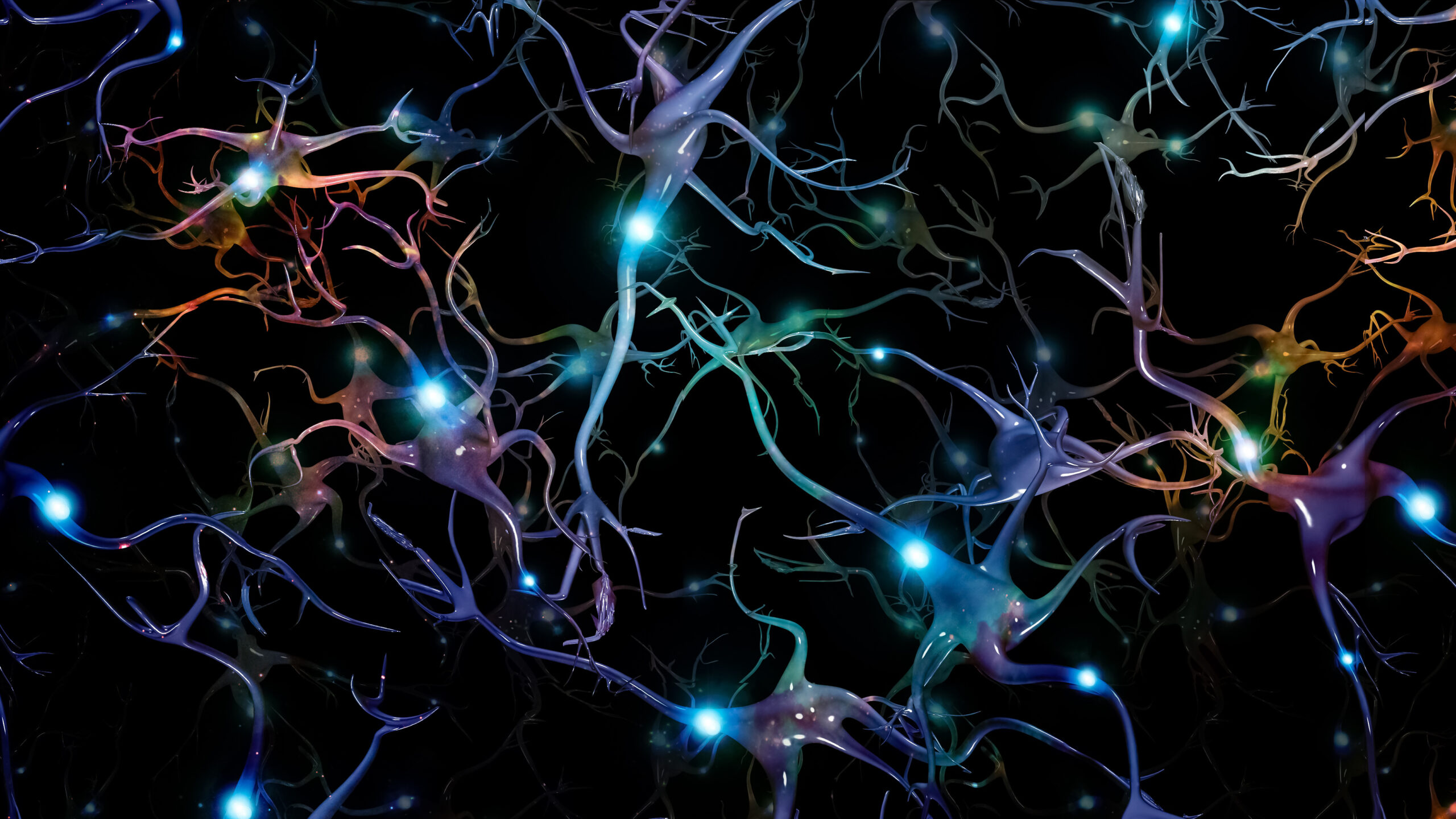The Connection Between High Blood Pressure and Dementia Risk
The Connection Between High Blood Pressure and Dementia Risk
High blood pressure, often referred to as a silent killer, is not just a threat to our heart health; it also poses significant risks to our brain. Recent studies have highlighted a strong link between uncontrolled hypertension and an increased risk of developing dementia. Dementia is a progressive condition that affects cognitive functions, leading to difficulties in memory, thinking, and learning. Understanding this connection is crucial for taking preventive measures to protect both our heart and mind.
### How High Blood Pressure Affects the Brain
High blood pressure impacts blood vessels throughout the body, including those in the brain. Over time, poorly managed hypertension can damage these vessels, reducing blood flow and oxygen supply to brain cells. This damage increases the risk of vascular dementia, a condition caused by reduced blood flow to the brain, and can also contribute to Alzheimer’s disease. Even if symptoms do not appear immediately, ignoring high blood pressure can lead to long-term damage to brain health.
### Reducing the Risk of Dementia
Fortunately, there are several ways to manage blood pressure and lower the risk of cognitive decline:
1. **Dietary Changes**: Eating more fruits, vegetables, whole grains, and lean proteins can help manage blood pressure. Reducing salt intake is also crucial for maintaining healthy blood pressure levels.
2. **Regular Exercise**: Engaging in regular physical activity, such as brisk walking, cycling, or yoga, for at least 30 minutes daily can significantly reduce the risk of dementia. Both aerobic and strength-based exercises are beneficial.
3. **Lifestyle Adjustments**: Avoiding excessive alcohol and smoking is important for both heart and brain health. Regularly checking blood pressure allows for early detection and management of hypertension.
4. **Stress Management**: Practicing relaxation techniques like meditation or deep breathing can help reduce stress levels, which are beneficial for overall health.
### The Role of Intensive Blood Pressure Treatment
Research conducted by Wake Forest University involved dividing participants into two groups: those receiving intensive blood pressure treatment (keeping systolic blood pressure below 120 mm Hg) and those under standard treatment (below 140 mm Hg). Over seven years of follow-up, the intensive treatment group showed a notably lower risk of developing mild cognitive impairment or dementia. This suggests that aggressively managing blood pressure can prevent cognitive decline that often leads to dementia.
### Conclusion
While there is no cure for dementia, focusing on early preventive care through lifestyle changes and proper blood pressure management can significantly reduce the risk of developing this condition. By taking care of our body, we can also protect our mind. The best time to start making these changes is now, as early intervention can lead to a healthier and more active life.





